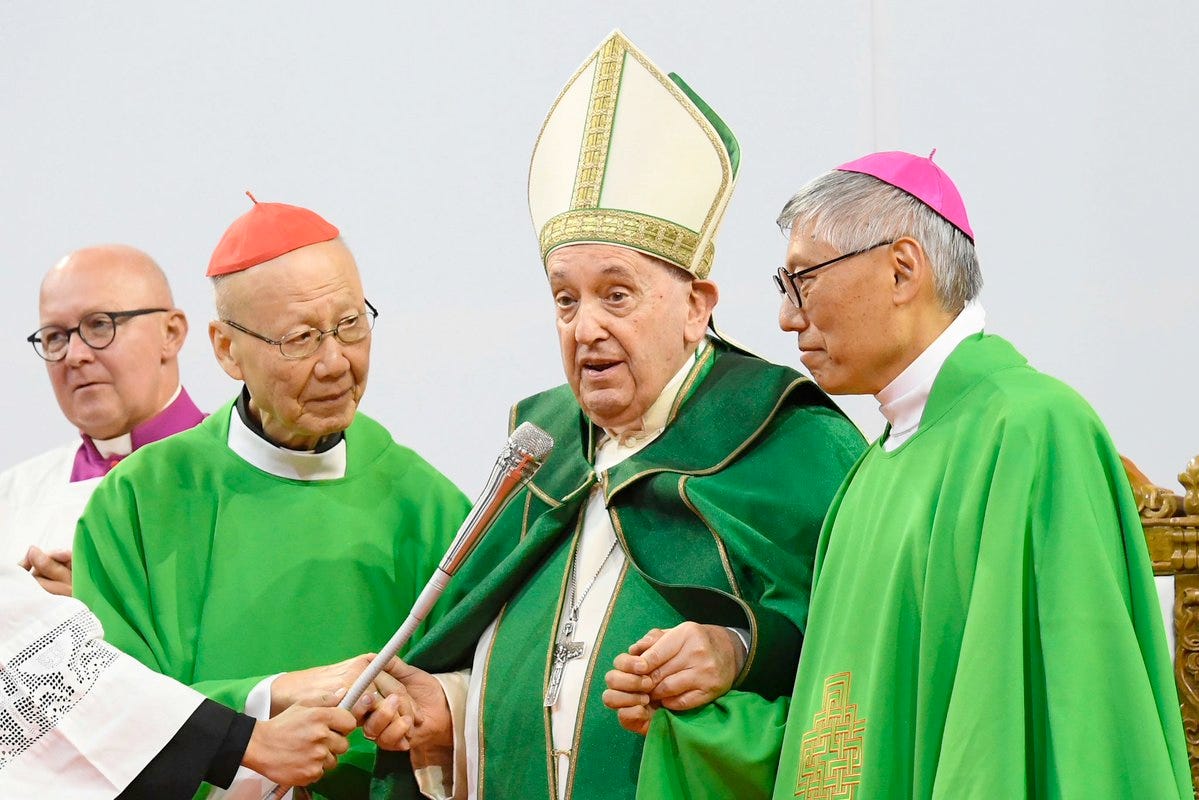Francis on China’s door-steppe: Next stop Beijing?
Is Francis pushing harder than ever for an invite to Beijing, and is it worth it?
Pope Francis made history last week as the first pontiff to visit Mongolia, but the significance of his trip — for many Church- watchers — was that pope stood at the doorstep of a country intertwined tightly with the Francis legacy — Mongolia’s neighbor, China.

